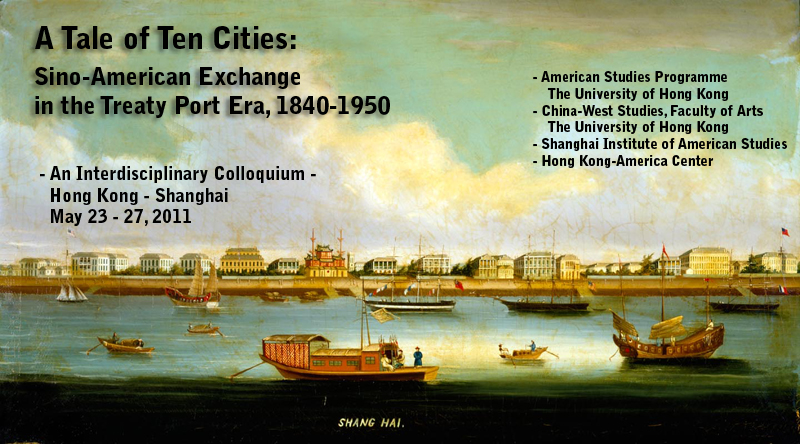Ms Selina Lai
Doctoral Student in American Studies, The University of Hong Kong
Paper Title:
Lighting Out For the Chinese Territory: Mark Twain and 'Sivilization' in China.
Selina Lai is currently pursuing her Ph.D. in the American Studies Programme at the University of Hong Kong, where she also has taught various undergraduate courses on American literature and cultures. Her dissertation, “Was Twain White? The Transnational Frame of Blackness in the Work of Mark Twain,” examines the global context of race in Twain’s work, and his efforts to link American imperialism to concurrent imperial histories in which Europe colonized Africa and the "Far East." She was recently awarded a Fulbright scholarship, and is going to conduct part of her doctoral research at Stanford University in the United States this coming fall. She holds degrees from the University of Heidelberg, Germany (M.A., American Studies) and Hong Kong University (B.A., English and Comparative Literature). She has published in encyclopedias such as Magill's Survey of American Literature (ed. Tracy Irons-Georges) and the Encyclopedia of the Culture Wars (ed. Roger Chapman), and journals such as International Review of American Studies, International Fiction Review, and Columbia Journal of American Studies.
Abstracts:
“I am a Boxer too,” Mark Twain remarked at a meeting in the Berkeley Lyceum, New York on November 23, 1900 when he addressed on the foreign occupation in Manchuria. It was a time when there witnessed an increasing number of foreign investments and missionary activities in China. Many local Chinese felt threatened by the invasion of western beliefs into their way of life that was deeply rooted in traditional Chinese beliefs and culture. Churches were conceived to disrupt feng shui and inflict bad luck, whereas mining and railroad construction were taken as disturbance to dead ancestors that were buried underground. In 1898, a group of Chinese from the Shandong province known as the Boxers emerged as the “Boxers United in Righteousness” (義和團, also called “Righteous Fists of Harmony” and "Society of Righteous and Harmonious Fists") and declared wars on foreign powers. Distressed and disgusted by an increasing external force over their native land, Boxers besieged missionaries and foreigners by destroying their properties and railroad tracks, and killing their converts. Carrying the slogan “Support the Qing, Destroy the Foreign!” (扶清滅洋), and calling foreigners "Guizi" (鬼子, literally: ghosts), they trapped 473 foreign civilians, 400 military personnel, and about 3000 Chinese converts to Christianity on June 19, 1900.
